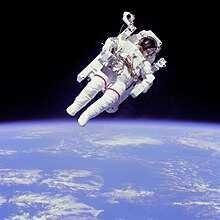TECHNOLOGY

Technology is the whole means to provide the goods necessary for the survival and comfort of human life.
The use of technology by humans begins with the conversion of natural resources into simple tools. The prehistoric discovery of the ability to control fire has increased the availability of food sources, while wheel creation has helped humans in the streets and controlled their environment. Recent technological developments, including printing presses, telephones, and the Internet, have narrowed down the physical barriers to communication and allowed humans to interact freely on a global scale. However, not all technologies are used for peaceful purposes; the development of even greater destructive weapons has been going on throughout history, from batons to nuclear weapons.
Technology has influenced the community and its surroundings in many ways. In many societies, technology has helped improve the economy (including today's global economy) and has enabled the rise of the leisure. Many technological processes produce unwanted by-products, called polluters, and deplete natural resources, harming, and destroying the Earth and its environment. Various applications of technology have influenced the value of a society, and new technology often raises new ethical questions. For example, the widespread notion of efficiency in the context of human productivity, a term that in its origin only concerns machinery, another example is the challenge of traditional norms.
that this state endangers the environment, and excludes human beings; advocates of such understandings as transhumanism and techno-progresivism view sustainable technological processes as beneficial to society, and to the human condition. Of course, at least until now, it is believed that technology development is limited to mankind, but recent scientific studies suggest that other primates, and certain dolphin communities have developed simple tools, and learned to pass on their knowledge to their offspring.bold